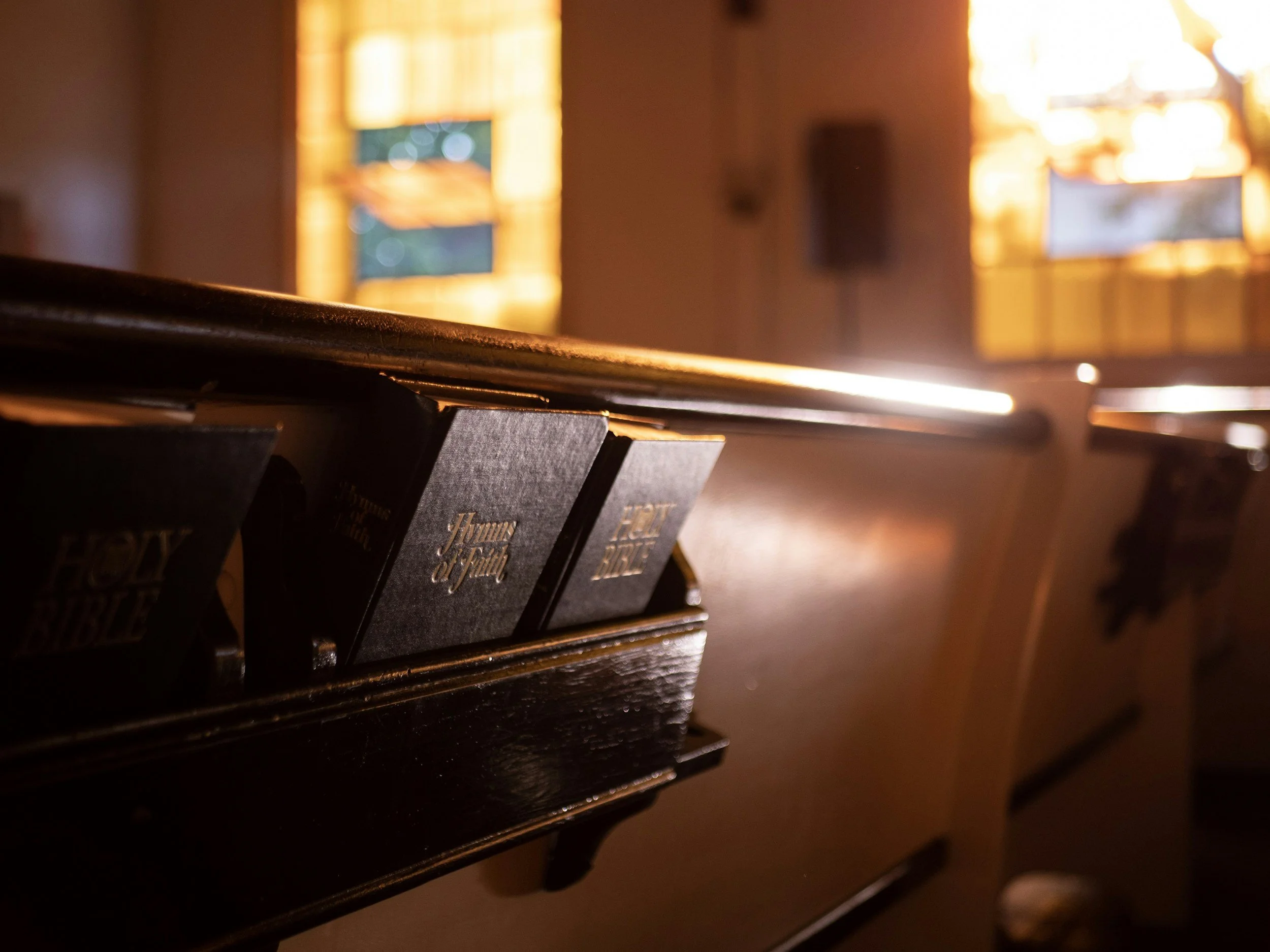Between 2010 and 2020, global religious affiliation shifted significantly, according to a new Pew Research Center analysis. While Christianity remains the world’s largest religion, its growth lagged behind overall population growth. Christians increased by 122 million to 2.3 billion, but their share of the global population fell. At the same time, Islam saw a global surge.
Read More(ANALYSIS) “Americans have lost faith in traditional religion,” announces the sweeping first sentence of a contentious book published during Holy Week: “Why Religion Went Obsolete: The Demise of Traditional Faith in America.”
Read More(ANALYSIS) Let’s start with the top line finding for me from the 2024 Cooperative Election Study. I continue to double and triple down on a statement that I made about a year ago: The rise of the nones is essentially over, for now. Let me show you what I mean.
Read MoreSome of the nation’s top religion writers offer insights on what they found surprising — and not surprising — in the Pew Research Center’s massive Religious Landscape Study.
Read More(ANALYSIS) Carey Nieuwhof recently released a video discussing five disruptive trends in the church, which included some sobering statistics. In this article, I’ll highlight one of these trends and offer thoughts on potential solutions from the front lines of reaching the next generation. The first trend Nieuwhof highlights is that Gen Z is simultaneously experiencing revival and retreat. I generally agree with his assessment.
Read More(ANALYSIS) I like studying an organization like the Freedom From Religion Foundation. It’s a self-selected collection of individuals who become members and pay dues because they feel it’s a good use of their time and resources. But how much do members of a group like FFRF represent the larger nonreligious group they come from?
Read MoreThe percentage of U.S. adults not affiliated with a religion has flatlined at 26% since 2022 after decades of growth, the American Bible Society said in its latest release from the 2024 State of the Bible.
Read More(ANALYSIS) The nones just aren’t a coherent “thing” like Catholics or evangelicals. They are united by what they are not. They don’t have regular worship services. I think it’s fair to say that there isn’t a dominant worldview among the nonreligious. But now, we can have an unprecedented view into the differences in organized nones versus nones in general.
Read More(ANALYSIS) The first question battery was focused on the family circumstances of those who were currently nonreligious. I wanted to break this down by age to see if younger nones were more likely to be raised in a nonreligious household compared to older nones.
Read More(ANALYSIS) In religion, what goes down can always come up again. American religions continue to face persistent skepticism from elite culture, education and entertainment along with long-term internal damage from sexual abuse scandals and disputes over sexual morality and Trumpism that are not disappearing. Also, stated identity in polls does not make up for sagging in-person attendance and donations that erode organized religion.
Read More(ANALYSIS) The number of individuals in the U.S. who do not identify as being part of any religion has grown and “the nones” are now larger than any single religious group. According to the General Social Survey, religiously unaffiliated people represented only about 5% of the U.S. population in the 1970s. This percentage began to increase in the 1990s and is now around 30%.
Read MoreThis week’s Weekend Plug-in features a retrospective from columnist Bobby Ross Jr. on his 25 years on the Godbeat. Plus, a major new study on ‘nones’ — and, as always, all the best reads and top headlines in the world of faith.
Read MoreA new report on “nones” — one of the largest ever conducted on this fast-growing demographic — attempts to drill down into what these Americans believe, their feelings towards organized religion and politics. The decades-long rise of the “nones” has been one of the most talked about phenomena in the United States.
Read MoreThis week’s Weekend Plug-in covers the latest on the Catholic Church’s big synod. Plus, as always, catch up on all the best reads and top headlines in the world of faith.
Read MoreReligion data scientist Ryan Burge answers why unfortunately, there’s just not a single answer to a question like: how many nones are there? Or how many Christians?
Read MoreThis week’s Weekend Plug-in highlights how people of faith are relying on God after last week’s devastating tornado in Mayfield, Kentucky. Plus, catch up — as always — on all the best reads and top headlines in the world of faith.
Read MoreIn a 2019 survey, 44% of Americans – along with 45% of people across 34 nations – said that belief in God is necessary “to be moral and have good values.” So what happens to a person’s morality and values when they lose faith?
Read More(ANALYSIS) White Christians were significantly more likely to get the vaccine than the general public between January and April. In the latest survey results, nearly 60% of White Catholics had been vaccinated and just about half of White evangelicals said the same. It was the religious “nones” that were lagging far behind, with only 31% indicating that they had received one dose.
Read More(OPINION) In the first decade of the 21st century, the Pew Research Center began charting a surge of religiously unaffiliated Americans, describing this cohort in a 2012 report with this newsy label – "nones." But, hidden under that "nones" umbrella are divisions that deserve attention. For example, the 2018 Cooperative Congressional Election Study found that 5.7% of the American population is atheist, 5.7% agnostic and 19.9% "nothing in particular."
Read MoreWhile the Black Lives Matter movement has caused controversy in religious circles because of its support for non-traditional families and Marxist philosophy, researchers who study the movement say it is spiritual even with an antipathy for organized religion. Many activists want to explore their ancestors’ African spirituality, and Black churches and mainline Protestants are also influencing the movement.
Read More



















